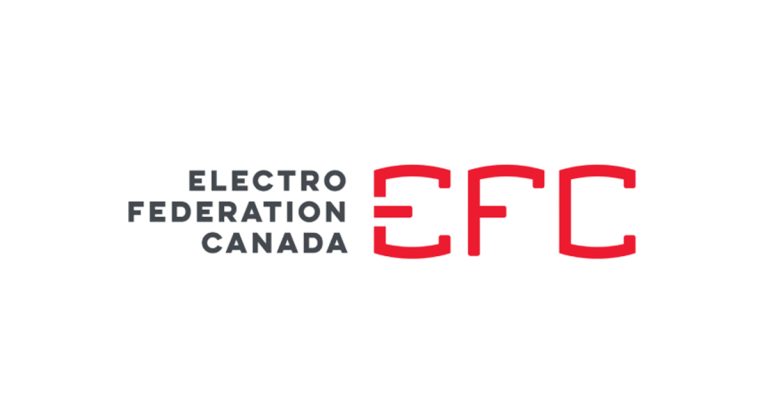5 Reasons Millennials Aren’t Answering Your Phone Call

Feb 01 2016
Ryan Jenkins
You shouldn’t be surprised that Millennials won’t answer the phone. However, their excuses might surprise you.
Texting has overtaken calling as the most popular mobile function across all generations, with millennial women using SMS three times more often than calling, according to the mobile research agency RealityMine.
Phone calls have been second fiddle to texting since 2007, when Americans sent and received more text messages than phone calls, thanks largely to the launch of the iPhone and to Millennials. The iPhone was texting nirvana for Millennials because of its virtual keyboard, multitouch interface, predictive text technology, and — the saving grace of the entire Millennial generation — automatic spell-check.
With texting being the universal go-to mobile function, why are so many managers still frustrated with Millennials not answering their phones? Let me help put one final nail in the millennial phone call coffin.
The real reason Millennials won’t answer your phone call is because it’s unproductive. More specifically, a phone call is …
1. Distracting
Calls can sever focus, disrupt workflow, and draw people away from crucial projects. Texting allows users to respond at a convenient time between tasks.
2. Presumptuous
Calls presume that the person you are calling should drop everything and adhere to your agenda. Texting (like email) is passive communication that doesn’t presume a real-time interaction.
3. Superfluous
Calls give the perception of more airtime, so callers can neglect to gather the necessary information up front and will talk out loud until they land on the intended message. Texting forces you to put your thoughts into words, which can be edited or condensed, and allows you to communicate the essential information for maximum efficiency.
4. Ineffective
Missed calls result in phone tag, a supremely idiotic and unnecessary game in an age of bountiful communication alternatives. If a picture is worth a thousand words, is an emoji worth 500? Texting is effective and efficient. Ninety percent of all SMS text messages are read within three minutes.
5. Time consuming
The time costs of a “quick five-minute call” can exceed 20 minutes, including the salutations, pleasantries, small talk, goodbyes, and time it takes to refocus on the original task, which, some experts say, can take 23 minutes after a disruption. Texting limits unnecessary salutations and the exchange of irrelevant information, and the time cost can be as low as a few seconds.
After a recent keynote presentation I delivered on the topic of communicating to Millennials, I was approached by an audience member who was anxious to share his experience of communicating with them.
The gentleman was a manager of a team of Millennials, and he described his initial frustration with his team not answering his phone calls. Rather than demanding the team cater to his communication preference, he decided to test texting. “Much more productive,” he said.
The gentleman now texts his Millennial team every afternoon before his commute home. In the message, he provides the necessary correction or direction his team needs to be efficient and effective. “After my texts, it surprises me how often I find my team that evening back online eagerly working,” he proudly told me.
Is a phone call still valuable? Of course. A phone call can still be necessary, welcomed, and in some instances, productive. The tone or urgency that can be conveyed in a human voice remains powerful, but if you’re interested in elevating the productivity of your millennial work force, consider a text.
This article was originally posted on the Inc.com column, Next Generation Insights by Ryan Jenkins. Ryan is an internationally recognized speaker and trainer who helps organization better lead, engage and market to Millennials and Generation Z. He shares his top-ranked generational insights on his blog and podcast.










